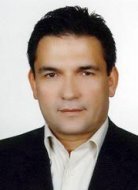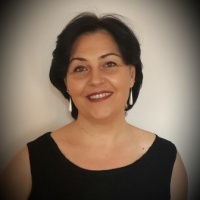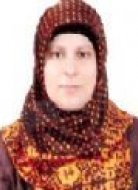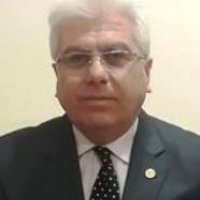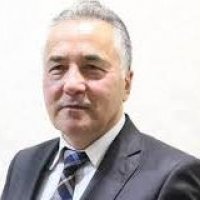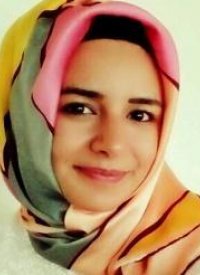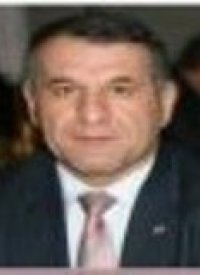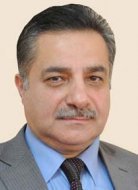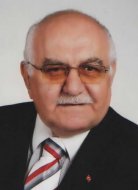Öykü Altuntaş / Istanbul, March 21 () - The deal on refugees reached in the Turkey-EU Summit could be regarded as a "diplomatic victory", however the need to fulfil the criteria for visa-free travel by end of April remains, urged the Economic Development Foundation (IKV).
The agreement reached in the summit held on March 18, paves the way for "an era for effective cooperation and working together" between Turkey and the EU in preventing irregular migration, IKV Chairman Ayhan Zeytinoğlu stated.
He indicated that if implemented carefully, this cooperation on irregular migration could restore the "mutual trust" on various aspects.
One month left to fulfill criteria for visa-free travel
The proposals that were put forward by Prime Minister Davutoğlu on March 7 focused on the resettlement of a Syrian from Turkey in EU member states for each Syrian taken from Greek islands. Additionally, the proposals by Ankara seeked the realization of visa-free travel by Turkish citizens in June 2016.
However, Turkey should fulfill the criteria outlined in the visa liberalisation roadmap for visa-free travel by end of April, reiterated IKV Chair Zeytinoğlu.
“According to the Commission’s assessment, Turkey has only fulfilled 35 out of 72 criteria. We only have approximately one month to fulfill criteria such as renewing the biometric passports so as to be compatible with the EU, ratifying some of the Conventions of the Council of Europe, aligning the visa system with that of the EU, strengthening border controls and reinforcing cooperation with the EU for preventing irregular immigration and fighting against crime" he said.
“The readmission of refugees depends on the classification of Turkey as the ‘safe third country’ ”
All new irregular migrants crossing from Turkey to Greece as of 20 March 2016 will be returned to Turkey and for every Syrian being returned to Turkey another Syrian will be resettled to the EU, according to the deal. Also, the refugees reaching Greek island would be registered and those whose request of political asylum has been denied or application has been considered inadmissible would be returned to Turkey, IKV Chair explained.
"Taking into account the quotas on voluntary basis that are not yet used by EU members and the foreseen additional quota, it is estimated that the number of Syrians who would be resettled from Turkey to EU countries would be amounting to 72,000" he said.
The EU will give its support to both parties in order for this mechanism to operate effectively, underscored Zeytinoğlu.
"Readmission of irregular migrants to Turkey depends on the classification of Turkey as the 'safe third country' which would ensure the protection of the rights of migrants and provide all persons who are in need of international protection. The application of the procedure will start with the readmission of refugees to Turkey. For this purpose, a mechanism will be established with the support of the European Commission, EU agencies, Member States and UNHCR" he said.
Currently 892 officials are working in Greece which needs to be increased to 2300 for the effective implementation of such mechanism regarding readmission of migrants, he added.
“Opening of Chapter 33 not enough; vetoes should be removed"
Zeytinoğlu praised the decision to open the Chapter 33 on Financial and Budgetary Provisions under the Dutch Presidency of the European Council as "an important step" but underlined vetoes should be lifted.
The vetoes on Chapters on Energy; Judiciary and Fundamental Rights; Justice, Freedom and Security; Education and Culture; as well as the Chapter on Foreign, Security and Defence Policy should be removed, according to Zeytinoğlu's statement.
"If EU’s is sincere, Chapter on Judiciary and Fundamental Rights should be opened"
“If the EU’s is sincere in its support, they should open the Chapter on Judiciary and Fundamental Rights for Turkey to overcome the obstacles which Turkey faces strong criticism” he said.
The IKV underlined the importance of distribution of burden by states and urged that the resolution of conflicts in Syria as well as in other conflict-prone regions of the world is "essential for a permanent solution".







